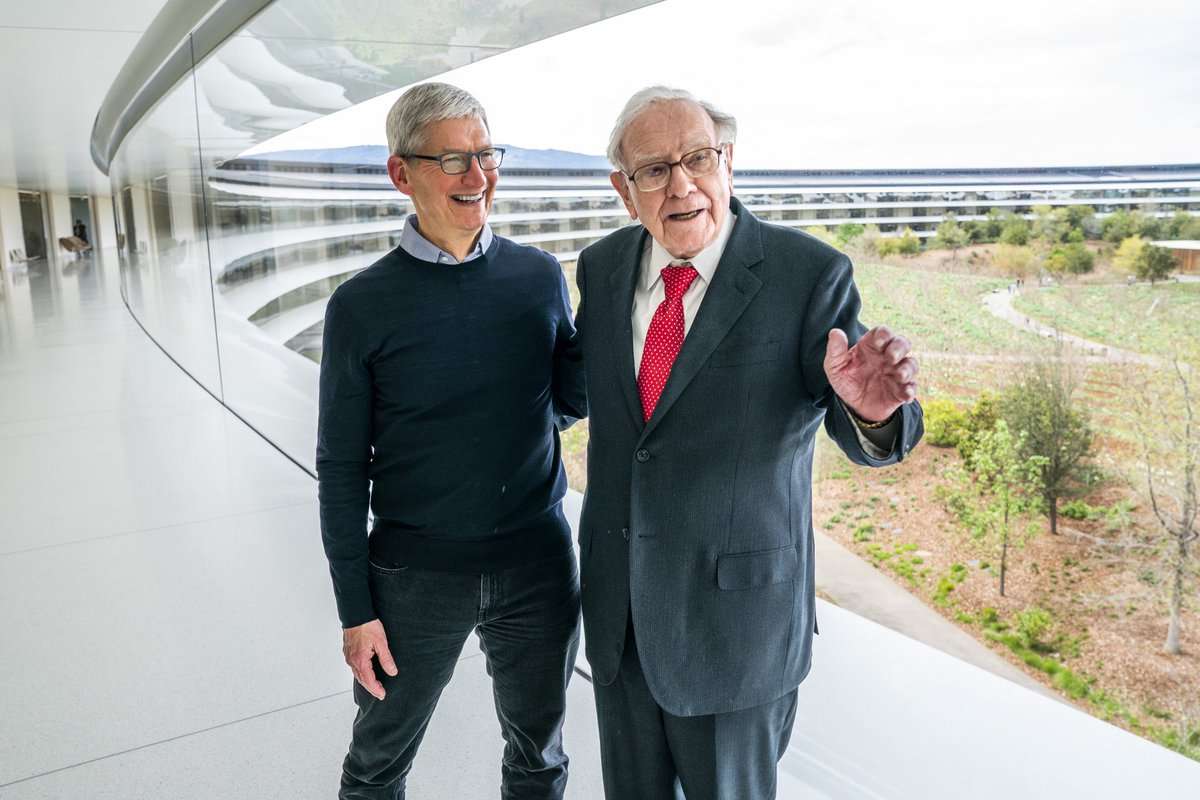A groundbreaking discovery in France could reshape the global energy landscape: a colossal natural hydrogen reserve, potentially the largest ever found. This could provide a near-limitless source of clean energy, drastically reducing carbon emissions and accelerating the world’s transition away from fossil fuels. If managed responsibly, it may mark a turning point in the fight against climate change.





